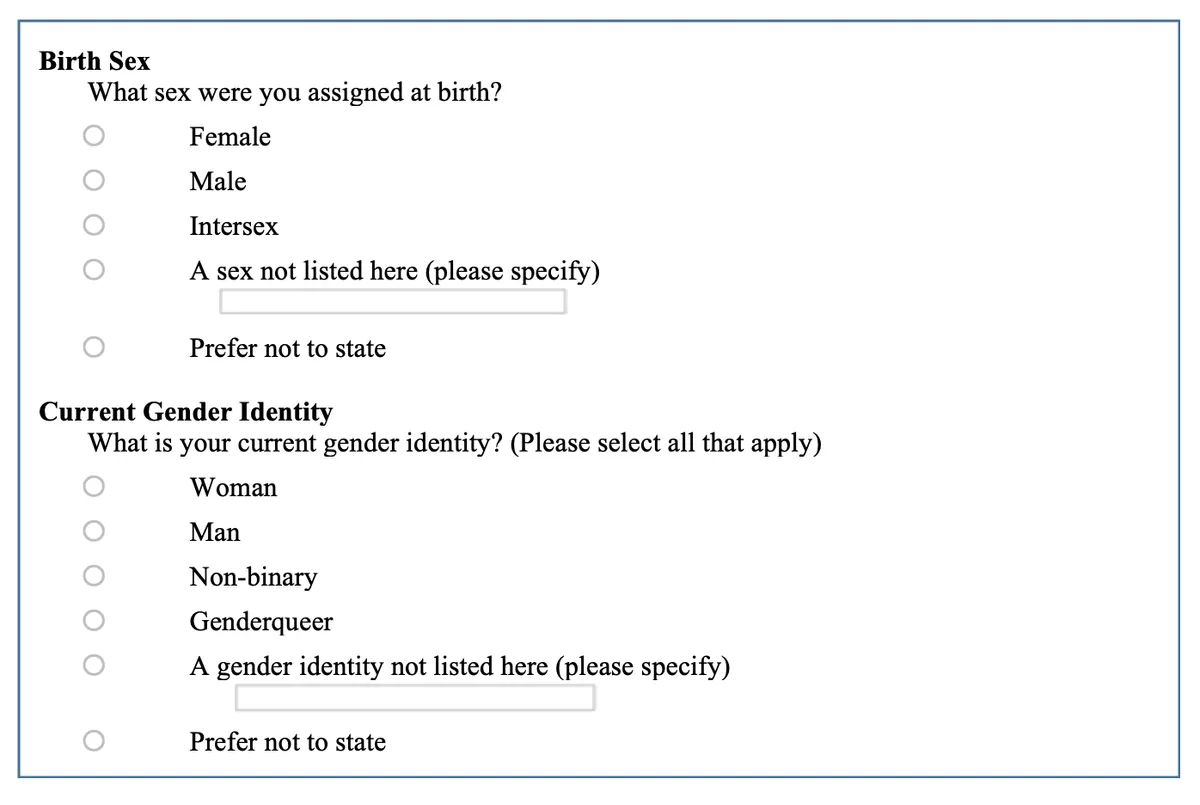The Office for Statistical Regulation (OSR) has confirmed that the 2021 Census data for England and Wales regarding gender identity was inaccurate due to widespread misunderstanding of the question. This revelation has sparked a debate on the implications for policy-making and resource allocation.
The census, conducted three years ago, asked respondents if their gender identity differed from their sex registered at birth. Approximately 262,000 people answered "no" to this question, a figure that raised eyebrows among experts and activists. The OSR's confirmation of the data's inaccuracy has now validated these concerns.
"There had long been concerns about the phrasing of the Census question, which many gender-critical activists argued was confusing to those not yet literate in the vocabulary of trans."
The complex phrasing of the question proved particularly challenging for non-native English speakers, who were four times more likely to indicate they were trans compared to those with English as their primary language. This discrepancy highlights the importance of clear and accessible language in data collection.
The implications of this inaccurate data extend beyond mere statistics. Census information plays a crucial role in shaping policy decisions and resource allocation across various sectors, including healthcare and community services. For instance, the faulty data suggested that Newham and Brent were among the top 10 local authorities with individuals whose gender identity differed from their birth sex. This could potentially lead to misaligned resource allocation in these ethnically diverse areas.
Ella Whelan, a commentator on the issue, points out that the disproportionate focus on trans issues, given the small population size, has led to significant changes in various sectors. These include modifications to school curricula, healthcare policies, and even corporate practices like encouraging employees to share pronouns.
The debate also touches on the criminal justice system, where concerns have been raised about the accuracy of data collection when individuals are allowed to self-identify their gender. This has implications for criminal record checks and the overall integrity of the justice system.
It's worth noting that the UK census has a long history, with the first one conducted in 1801. The 2021 Census was groundbreaking as the first to be primarily conducted online and to include questions on sexual orientation and gender identity. Despite the current controversy, the census achieved a 97% response rate and is used to allocate billions of pounds in government funding.
As we look ahead to the next census scheduled for 2031, this incident underscores the need for clearer question formulation and more robust data collection methods. It also highlights the ongoing debate surrounding gender identity and its place in public policy and social discourse.
The accuracy of census data is paramount, as it remains confidential for 100 years and informs crucial decisions affecting millions of lives. This situation serves as a reminder of the complexities involved in capturing diverse identities and experiences through standardized questions, and the far-reaching consequences of data inaccuracies.
